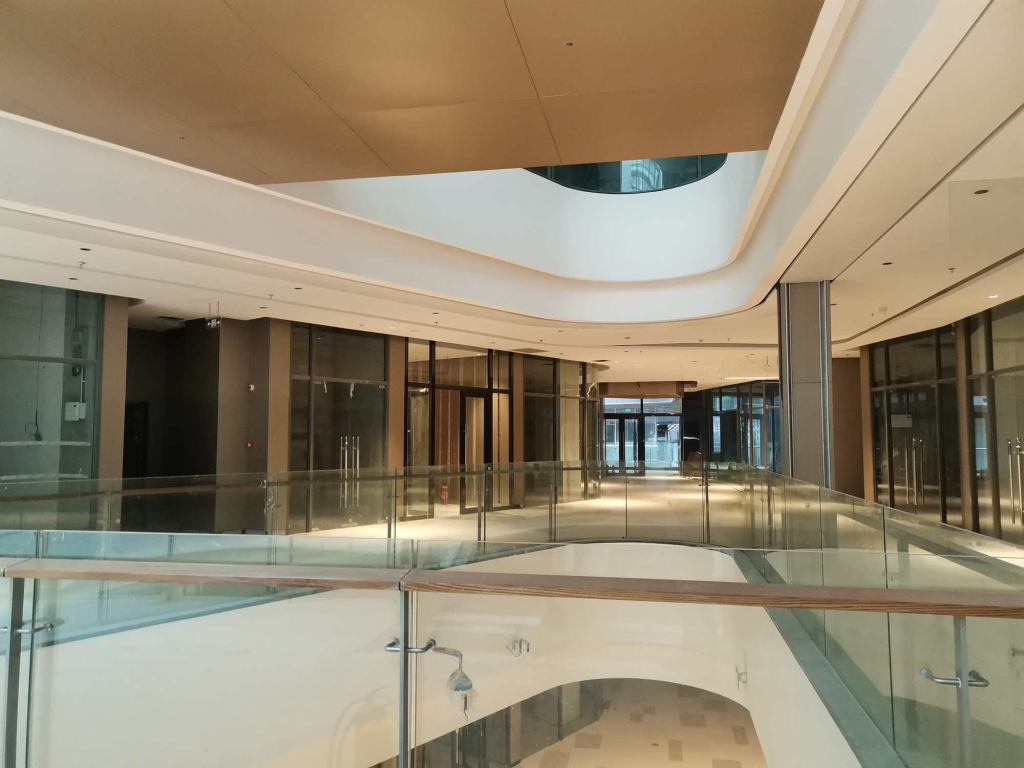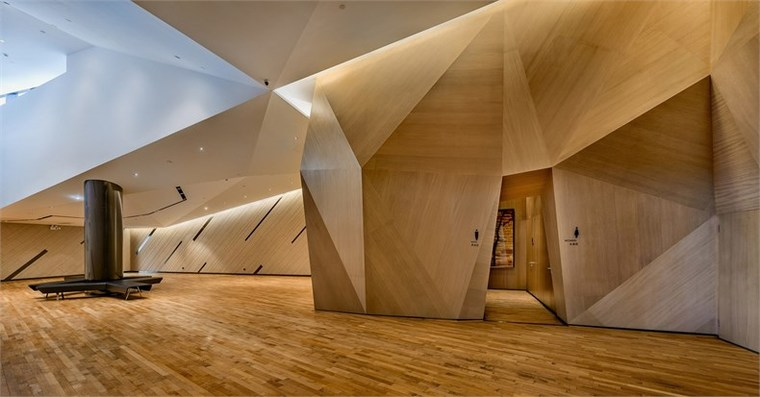Aluminum panels, as versatile building materials, find extensive applications across diverse building types, offering a plethora of choices and flexibility in modern architectural designs. Let’s delve into the specific applications of aluminum panels in different types of buildings.
Commercial Buildings
Commercial structures such as shopping malls, office buildings, and hotels prioritize aesthetic appeal and quality. Aluminum panels are widely used for exterior wall cladding in these buildings, providing a modern and visually striking appearance with their smooth surfaces and a variety of color options, thereby attracting attention and foot traffic.

Residential Buildings
In residential construction, aluminum panels are utilized not only for exterior cladding but also for roofing, door and window frames, and interior decoration. Their fire resistance, corrosion resistance, and malleability allow architects and designers to implement innovative design concepts while ensuring safety and longevity.
Industrial Buildings
Industrial facilities including factories, warehouses, and workshops demand materials with high strength and durability. Aluminum panels, known for their high strength and corrosion resistance, are extensively used in industrial environments for exterior cladding, as well as for manufacturing doors, windows, and partition walls, enhancing the overall quality and lifespan of the structures.
Cultural Buildings
Cultural institutions such as museums, theaters, and libraries often require architectural elements that exude artistic flair and uniqueness. Aluminum panels, owing to their ease of fabrication, enable the realization of complex shapes and patterns, adding distinctive artistic charm to cultural buildings and captivating visitors.

Educational Buildings
Schools, colleges, and universities represent another significant application area for aluminum panels. Beyond exterior cladding, aluminum panels are employed for campus signage, interior decoration, and more, fostering a modern and vibrant learning environment conducive to student-teacher interactions and academic pursuits.
In conclusion, aluminum panels serve as versatile, high-performance building materials, finding widespread applications in commercial, residential, industrial, cultural, and educational buildings. Their outstanding performance attributes and diverse aesthetic possibilities not only demonstrate their superiority but also underscore their indispensable role in contemporary architectural designs.


